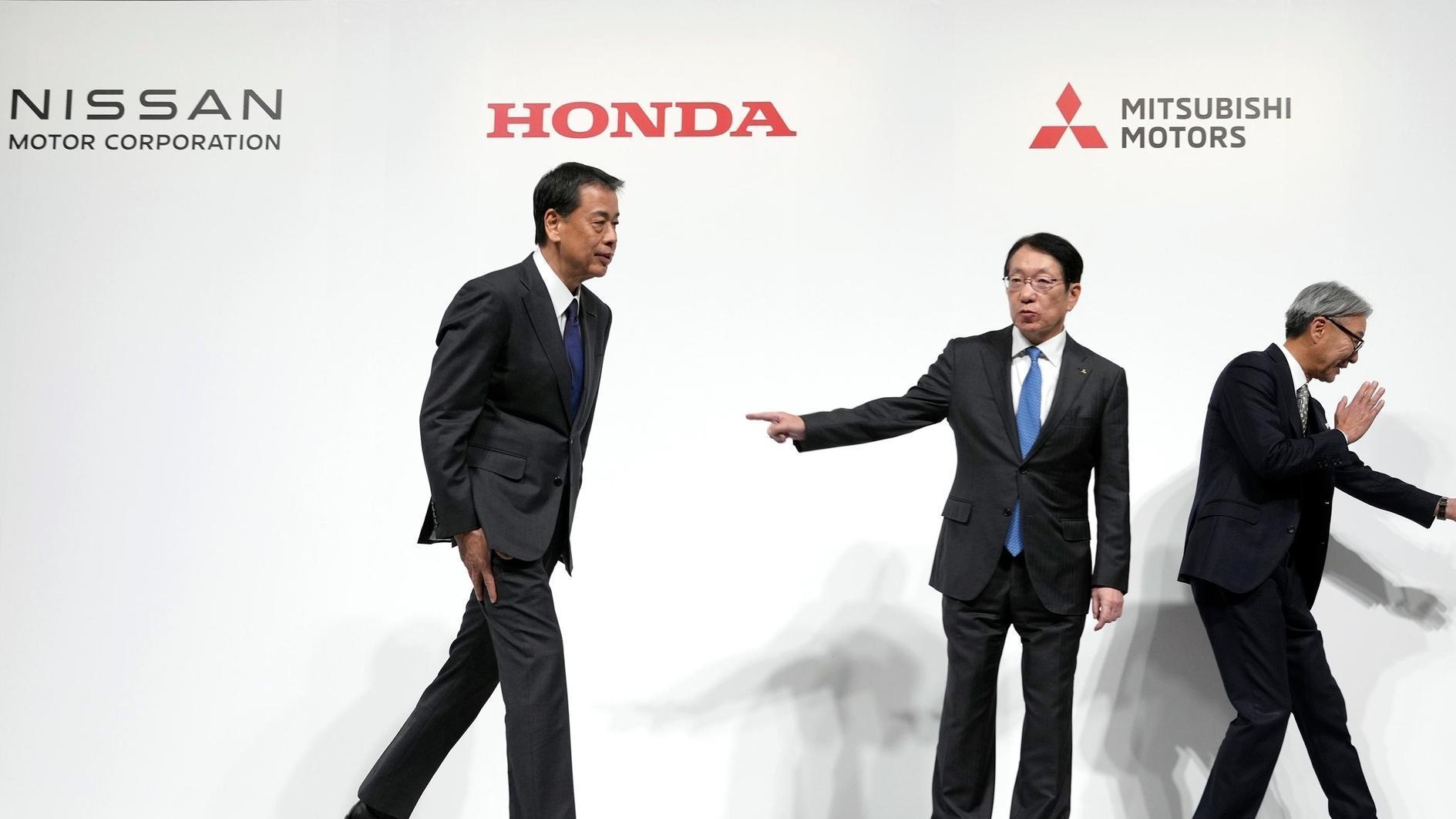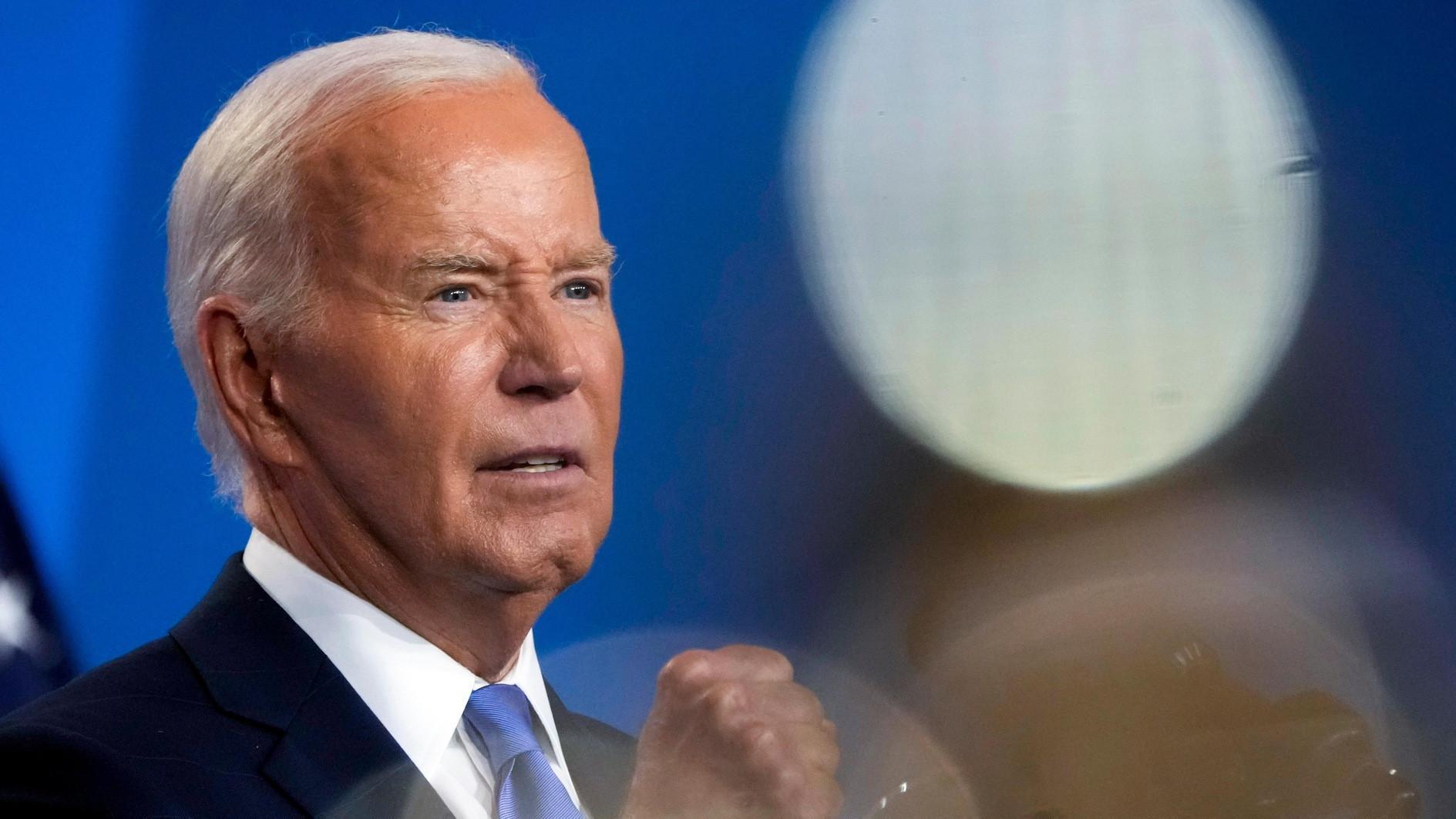Reading between the lines of Davutoğlu’s remarks
Prime Minister Ahmet Davutoğlu met with the editors of leading newspapers on Saturday. His remarks to them as they were reported show that he is trying to deflect criticism away from President Recep Tayyip Erdoğan and underline the need for an atmosphere of political reconciliation in Turkey.
Also noteworthy is his emphasis on the need for broad consensus in drawing up a new Constitution.
When taken at face value, his remarks sound positive enough. But certain questions emerge when one looks closer.
For example, he said Erdoğan and the position he holds should no longer be debated by the opposition, because as president, Erdoğan is “above politics” now and acting accordingly. But is Erdoğan really above politics, as the Constitution requires him to be?
In other words, is Erdoğan a president today in the Turkey’s traditional mold, the only exception being that he was elected directly rather than by parliament? If so Davutoğlu is justified in calling for an end to the continuing controversy surrounding him.
Erdoğan is indeed less bellicose since he was sworn in as president. One might even say he is trying to act presidentially in the classic way Turkish presidents have acted. Yet it is he who stirred the debate surrounding his presidency by openly indicating that he does not intend to be a traditional president.
Erdoğan also made it clear that he hopes to use executive powers but force the limits of the Constitution if necessary. Meanwhile Justice and Development Party (AKP) executives have said openly that there is a need to change the Constitution and transform Turkey’s parliamentary system into a presidential one.
Erdoğan has also made it clear to his supporters that he is not deserting the AKP by becoming president. In addition to this he has avidly supported the idea of a party-based president. One can hardly say, therefore, that Erdoğan is above politics, especially when it is clear that he will be backing the AKP, whose ideology he continues to support, in the 2015 general elections.
Davutoğlu’s remarks must therefore be taken with a grain of salt, unless he is cautioning Erdoğan indirectly by telling him to stay above politics and leave the exercise of executive powers to the elected Prime Minister as the present Constitution foresees. If so, this will not please Erdoğan, who clearly intends to be politically active based on the legitimacy he believes his ballot box victory gives him, regardless of what the Constitution says.
But it is too early in the day for Davutoğlu to be issuing such subtle messages to Erdoğan, to whom he owes his current position. As for Erdoğan, it is more likely that he is lying low for tactical reasons while he plans his next move, now that he has fulfilled his dream of becoming president.
When we turn to Davutoğlu’s remarks about constitutional changes, this is what he said:
“It is important for constitutional amendments on critical subjects to be debated more extensively.
What we want is a formula where an important segment [of society] does not oppose changes to the constitution, lends its support, and does not feel excluded.”
Davutoğlu said this applied not just to the Kurdish problem but also to other critical issues. This remark has implications for Erdoğan, who wants the constitution changed to introduce a presidential system and expects the AKP to push this through, even if it does so with a slim majority.
But many in Turkey, including former President Abdullah Gül and his supporters, oppose this. If Davutoğlu is honest when he says constitutional changes should be made as consensually as possible, does this mean that if the required consensus cannot be found, his government will not try to alter Turkey’s parliamentary system? And if so, where does this leave Erdoğan?
Davutoğlu may not like it, but the heated debates on Erdoğan, his presidency and the Constitution appear set to continue for the foreseeable future.











